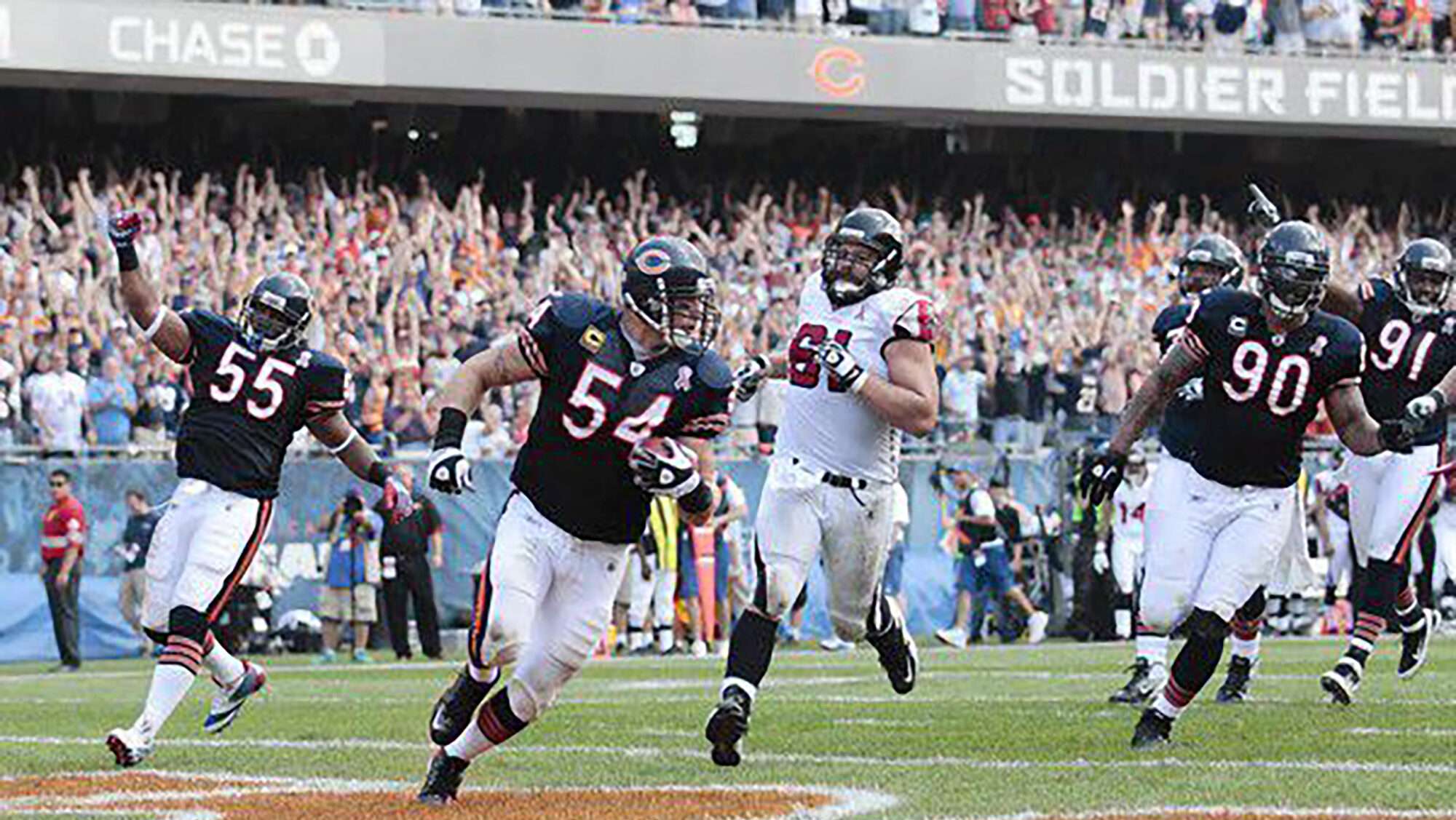
The NFL’s Fight for Stadium Subsidies Is Heating Up
The Chicago Bears, Cleveland Browns, and Denver Broncos are three of the most prominent teams in the National Football League, each with a rich history and passionate fan base. However, despite their success on the field, these teams have recently come under scrutiny for their use of taxpayer dollars to fund stadium projects and other expenses.
In recent years, there has been a growing trend of professional sports teams looking to local governments and taxpayers to foot the bill for new stadiums and renovations. The Chicago Bears, Cleveland Browns, and Denver Broncos are no exception, as all three teams have received millions of dollars in public funding for various projects.
In Chicago, the Bears have been pushing for a new stadium for years, citing the aging Soldier Field as a major impediment to their success. The team has lobbied city officials for public funding to build a new state-of-the-art facility, arguing that it would not only benefit the team but also the city as a whole. However, critics have pointed out that the Bears are a profitable organization with wealthy owners who should be able to finance their own stadium without relying on taxpayer dollars.
Similarly, the Cleveland Browns have also been seeking public funding for stadium renovations and upgrades. The team’s current stadium, FirstEnergy Stadium, is in need of significant repairs and improvements, and the Browns have requested financial assistance from the city to help cover the costs. While some argue that investing in the stadium could boost the local economy and create jobs, others question the wisdom of using taxpayer dollars to benefit a privately owned sports team.
The Denver Broncos, too, have faced criticism for their use of taxpayer dollars. The team recently completed a major renovation of their home stadium, Empower Field at Mile High, with a significant portion of the funding coming from public sources. While the Broncos have argued that the upgrades were necessary to keep the stadium competitive and up to date, some have questioned whether it was appropriate to use taxpayer money for such purposes.
The issue of professional sports teams seeking public funding for stadiums is a contentious one, with supporters and detractors on both sides of the debate. Proponents argue that investing in sports facilities can have a positive economic impact, creating jobs, attracting tourists, and stimulating local businesses. They also point to the intangible benefits of having a successful sports team in the community, such as civic pride and a sense of identity.
On the other hand, critics argue that professional sports teams are private businesses that should be able to finance their own facilities without relying on taxpayer dollars. They point to studies showing that the economic benefits of sports stadiums are often overstated, with much of the money flowing to team owners and players rather than the local community. They also raise concerns about the opportunity cost of investing in sports facilities, arguing that public funds could be better spent on education, infrastructure, or social services.
The debate over public funding for sports stadiums is not limited to the Chicago Bears, Cleveland Browns, and Denver Broncos. In cities across the country, professional sports teams are seeking financial assistance from local governments to build new facilities or renovate existing ones. The issue has become a lightning rod for controversy, with taxpayers, politicians, and sports fans all weighing in on the pros and cons of using public funds to support private enterprises.
As the Chicago Bears, Cleveland Browns, and Denver Broncos continue to pursue public funding for their stadium projects, the debate is likely to intensify. Supporters of the teams will argue that the investments are necessary to remain competitive in the NFL and to provide a first-class experience for fans. Critics, on the other hand, will question the wisdom of using taxpayer dollars to benefit wealthy team owners and players.
Ultimately, the decision of whether to provide public funding for sports stadiums is a complex one that requires careful consideration of the costs and benefits. As the debate rages on, it is clear that the Chicago Bears, Cleveland Browns, and Denver Broncos will continue to be at the center of the controversy, as they seek to secure the financial assistance they believe they need to thrive in the competitive world of professional football.
Source: Reason
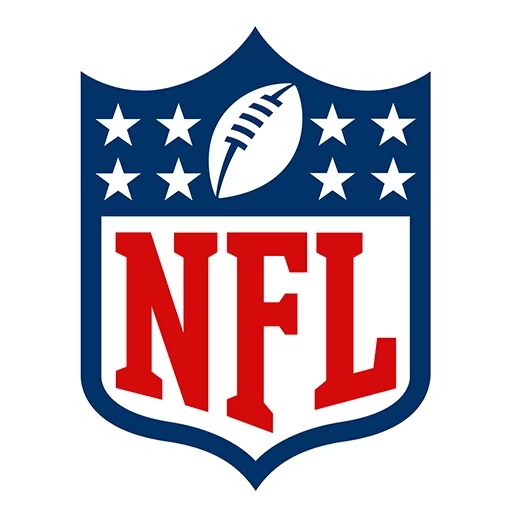









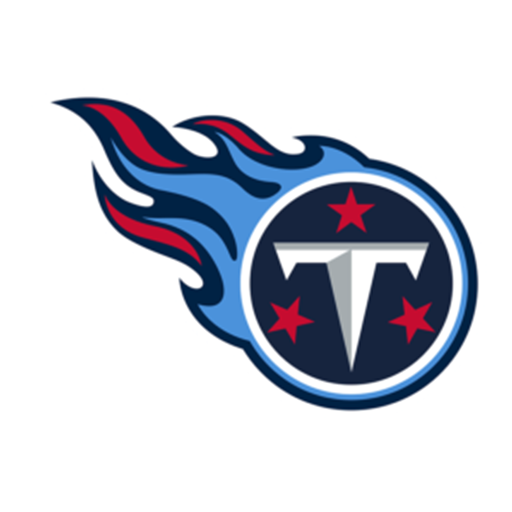

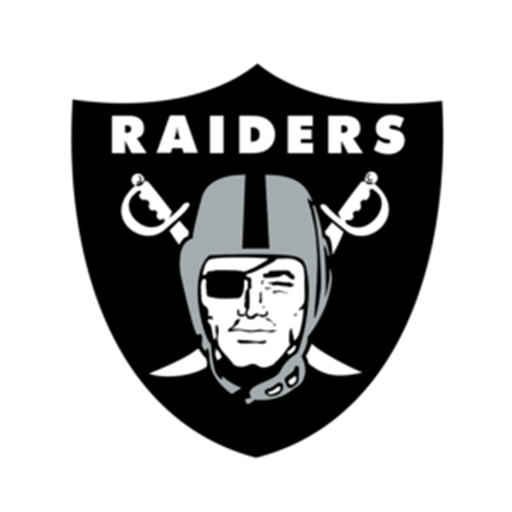

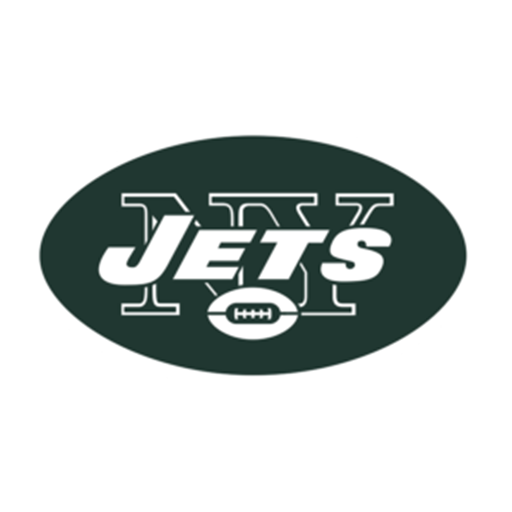

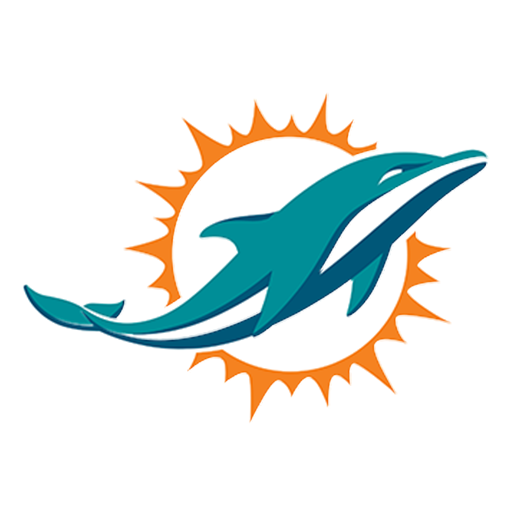






 LIVE
LIVE LIVE
LIVE


